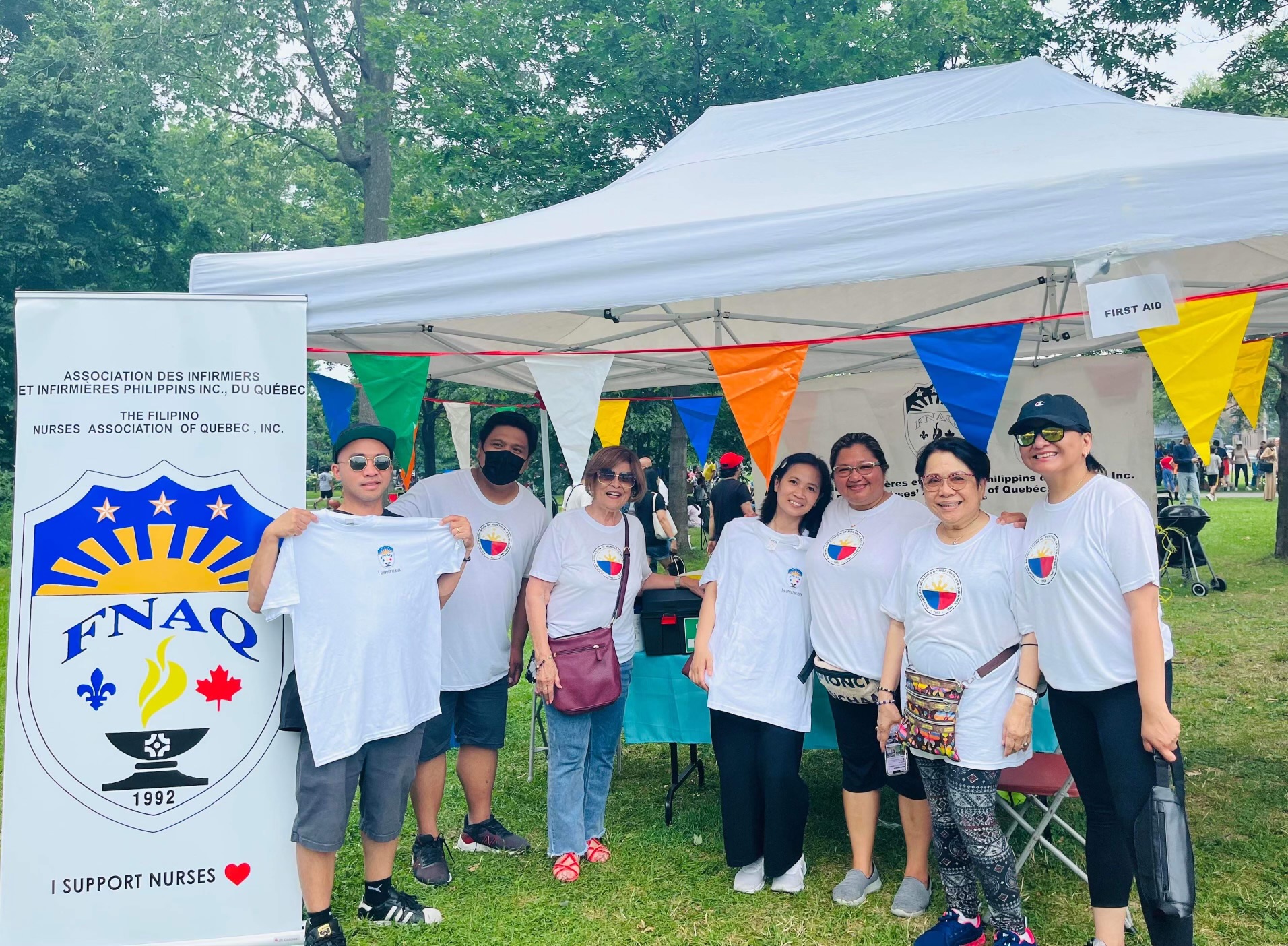Latest Quebec immigration requirement will hurt health network, aggravate staffing challenges: nurse
Posted May 28, 2023 2:27 pm.
Last Updated May 28, 2023 6:56 pm.
Nurse Mary Grace Ocampo remembers the obstacles she faced within the health system when she arrived in Quebec more than two decades ago.
“It’s not the same nursing here,” she was told.
Ocampo, who was already an established nurse in the Philippines for six years, says she was met with closed doors when she arrived in Quebec in 2001.
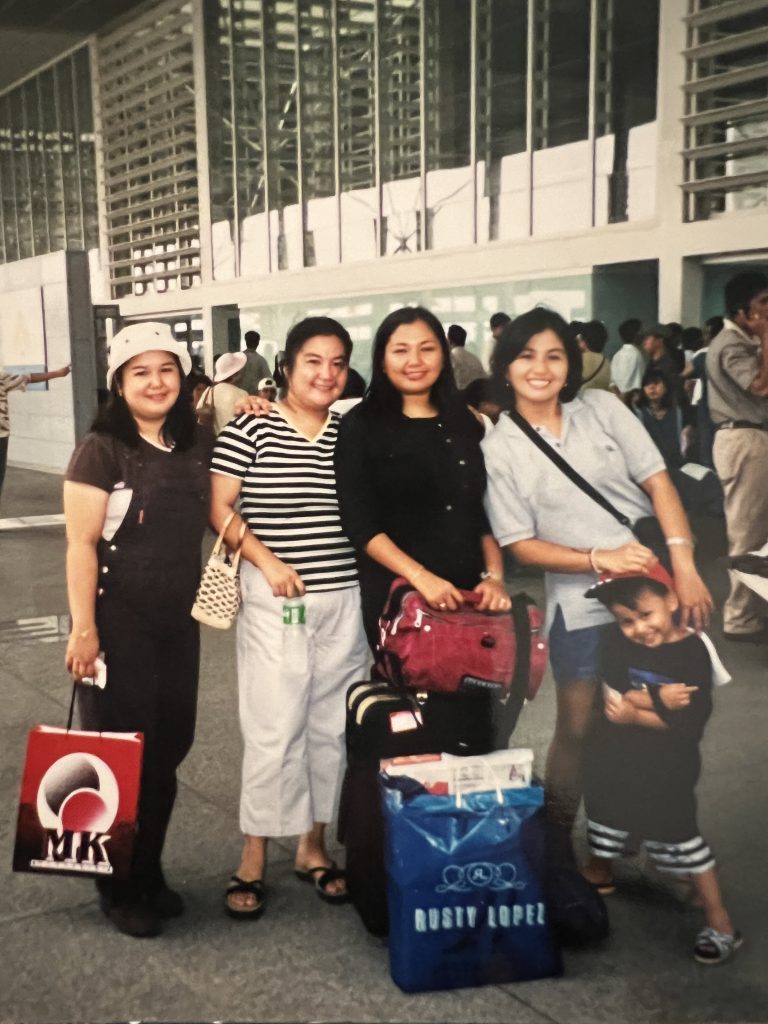
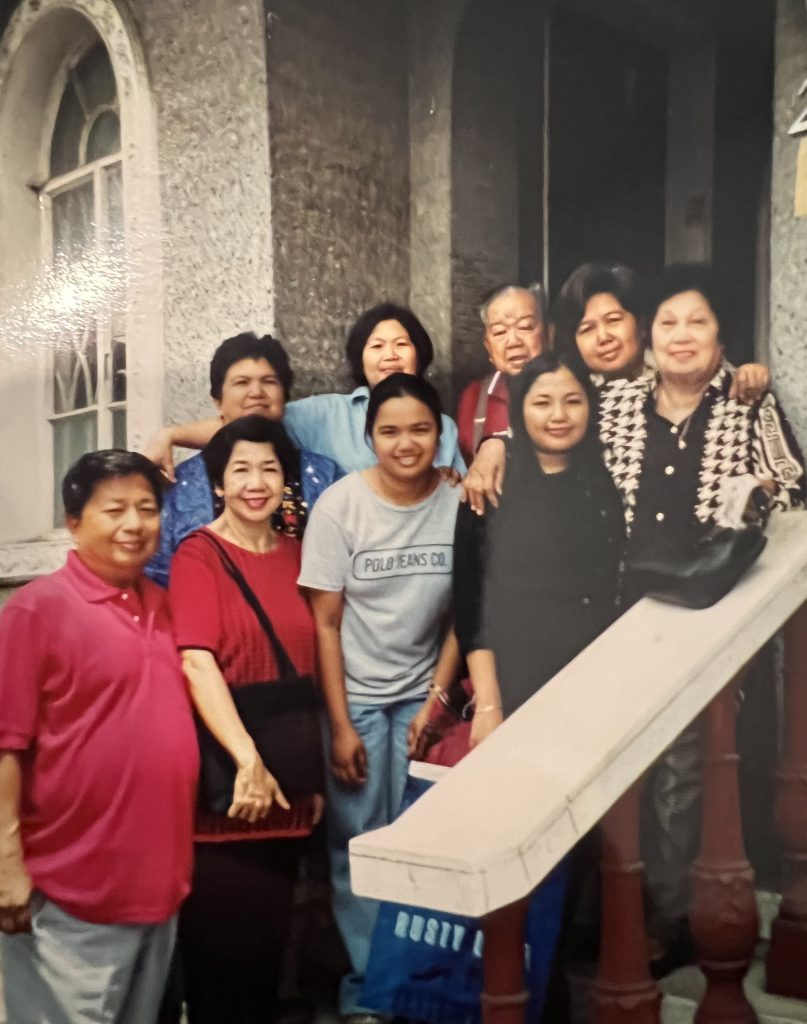
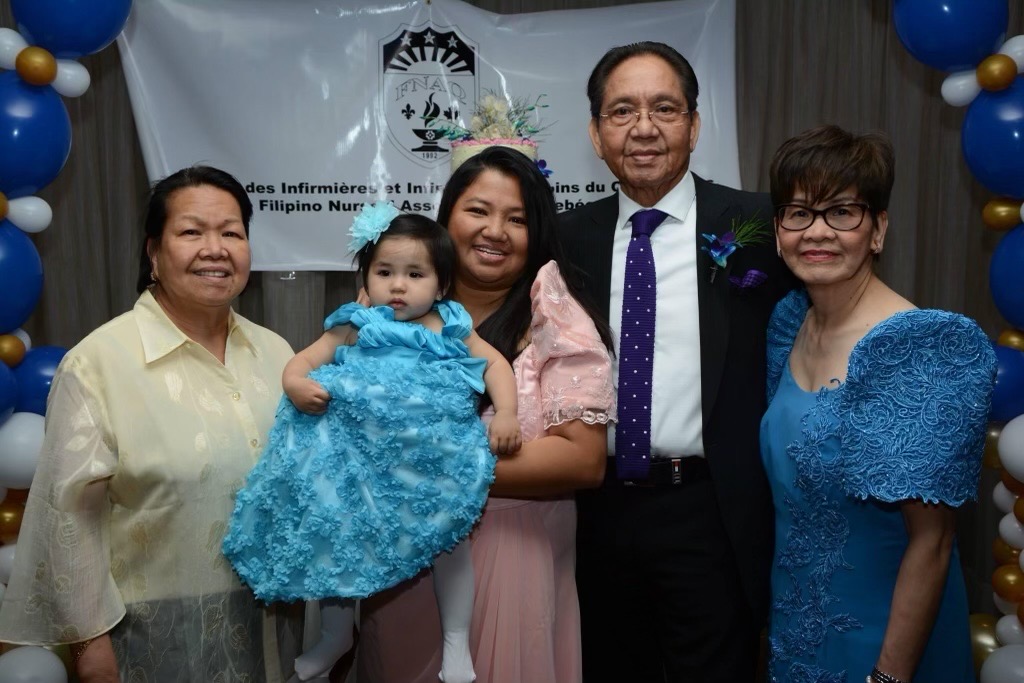
She was excited to continue her nursing career in Quebec, but that proved to be very challenging.
“They said… ‘it’s not the same in the Philippines. You’re going to have a hard time,’” recalled Ocampo. “So for me, I’m thinking to myself, if you can do it, why I cannot do it, right?”
And that’s exactly what she did. Within five years the mother of three became a nurse in Quebec. She’s now the president of the Filipino Nurses’ Association of Quebec.
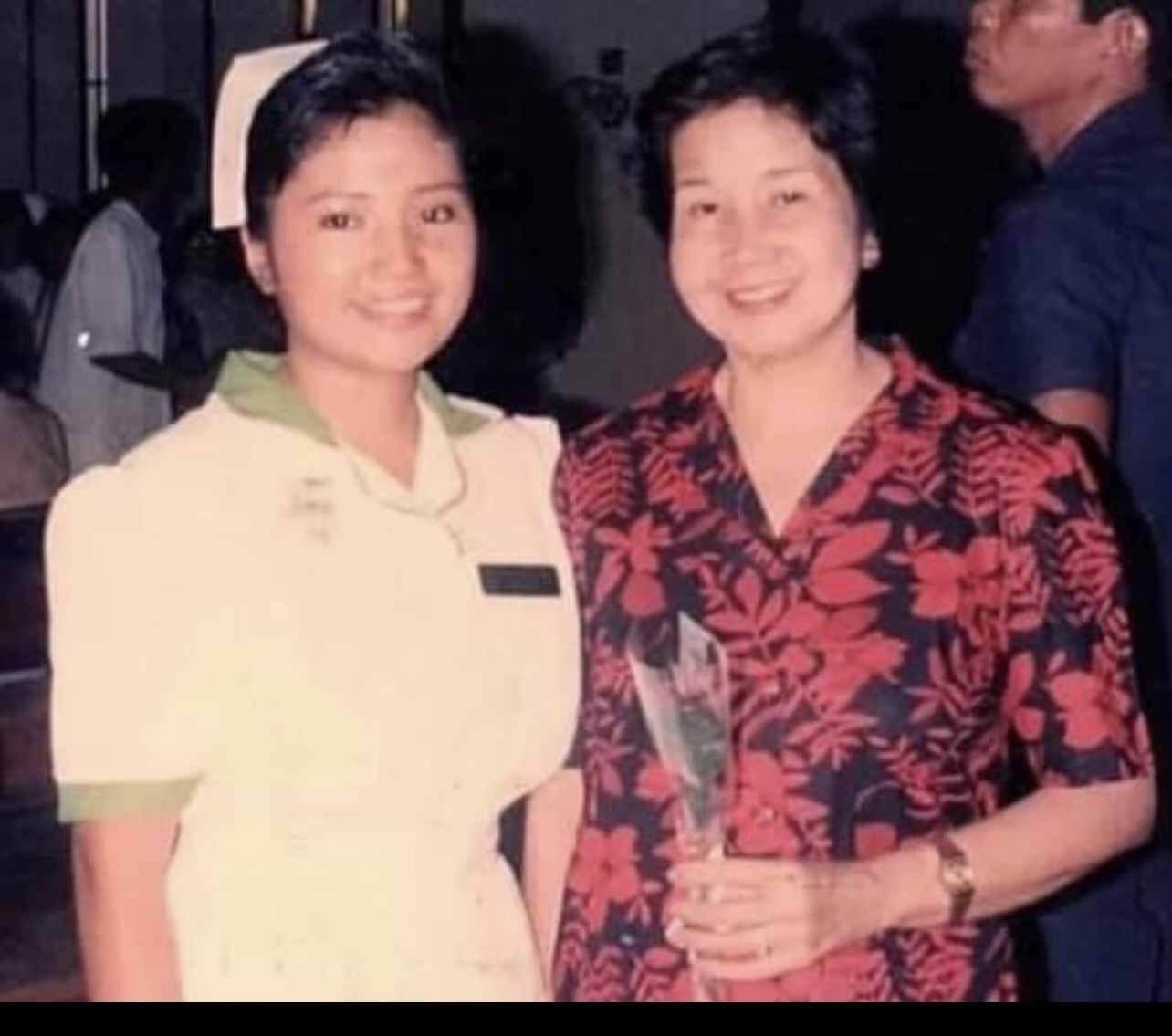
Mary Grace Ocampo at her capping ceremony in the Philippines with her mother. (Submitted by: Mary Grace Ocampo)
Filipino concept of bayanihan
Now she’s making sure those new to the province receive the support she didn’t.
“I don’t want them to experience what I had to experience,” said Ocampo.
“And it’s nice to help them because you want to be let them be successful.
“This is my passion and I love what I’m doing. I love helping sick people, taking care of them and give them a courage.”
Helping is second nature to Ocampo, whether it be at home, in her unit, or through her role in the Filipino Nurses’ Association of Quebec. She says it’s part of a Filipino concept called “bayanihan.”
“In ‘bayanihan,’ even stranger, individual or community, we don’t know, but we help. We help them,” she said.
Ocampo had no prior knowledge of French when she first arrived in the province, but says, much like many immigrants in Quebec, she was motivated and happy to learn for her family and to better care for her patients.
Francophone economic immigration
But with the recent announcement by Quebec Premier François Legault that the province would require the vast majority of economic immigrants to speak French before arriving to the province, Ocampo believes it will have a major impact to a health-care system that is in dire need of more personnel.
“We need them, like nurses,” she said. “We’re lack of staffing right now and our health system is going down. Don’t get me wrong, because French is important. Because how will I assess my patient, how will evaluate if I don’t know how to speak French?”
Previously, Legault said increasing the amount of immigrants coming into the province to above 50,000 would be “suicidal.” But now he says that if immigrants speak French, they wouldn’t threaten the province’s culture and language.
“Our society here we’re all immigrants, I’ll be honest with you,” said Ocampo. “And I think there’s no way that you can say, oh, this is not the Quebec culture. We’re multicultural and all immigrants here.”
WATCH: Quebec hopes to achieve majority French-speaking economic immigrants
